MercoPress. South Atlantic News Agency
Latin America
-
Saturday, March 16th 2013 - 03:39 UTC
Rousseff reshuffles cabinet but leaves Mantega and economic team intact
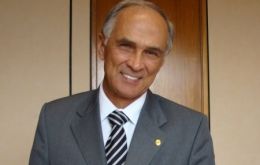
Brazilian President Dilma Rousseff appointed on Friday new ministers for agriculture, civil aviation and labour, the presidential office said, in a Cabinet shuffle that left her economic team intact.
-
Saturday, March 16th 2013 - 03:37 UTC
Bolivia and Venezuela ranked world's unfriendliest countries for tourists; overall bad score for Mercosur
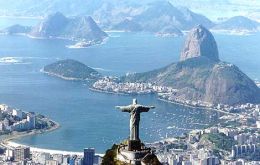
A new report, put out earlier this month by the World Economic Forum, has ranked which countries roll out the welcome mat to travellers and which give the cold shoulder. The “Travel and Tourism Competitiveness Report 2013” ranked 140 countries according to attractiveness and competitiveness in the travel and tourism industries.
-
Friday, March 15th 2013 - 07:03 UTC
Francis calls on the Church to keep to its roots or it could become “a passionate NGO”
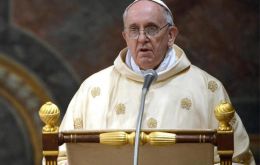
In his first public Mass, Pope Francis urged the Catholic Church on Thursday to stick to its roots and shun modern temptations, warning that it would become just “a compassionate NGO” if it forgot its true mission.
-
Friday, March 15th 2013 - 06:45 UTC
World’s largest telescope at a cost of a billion Euros will be built in Chilean Andes

The Chilean Andes will be the location for the world’s largest telescope: the European Extremely Large Telescope (E-ELT), costing more than €1bn, which will capture the universe's earliest moments.
-
Friday, March 15th 2013 - 02:21 UTC
Falklands’ current cruise season much quieter and rather ‘turbulent’

This year’s Falkland Islands season has been much quieter than usual with over 19.000 passengers to the first week of March mainly because of cancellations due to weather and technical issues with a handful related to the political situation created by Argentine harassment early on the season, according to industry sources in the Islands.
-
Tuesday, March 12th 2013 - 07:46 UTC
“I’m not Chavez, but I’m his son” Maduro tells his followers

“I’m not (Hugo) Chavez, but I’m his son”, Venezuelan acting president Nicolas Maduro said on Monday on making official his candidacy before the Electoral Tribunal for the April 14 snap election to choose a successor to the deceased charismatic leader.
-
Tuesday, March 12th 2013 - 01:10 UTC
Uruguayan political system coincide in their disappointment with Mercosur ‘in a state of lethargy’
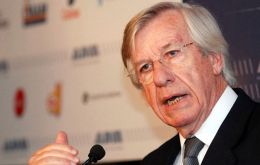
Uruguayan Vice president Danilo Astori and members of the opposition ratified the country’s increasing concern about Mercosur which is “full of obstacles and problems” and is described as “sleepy and in state of lethargy”.
-
Tuesday, March 12th 2013 - 00:12 UTC
”Absolute confidence” of the Cuban regime in Nicolas Maduro
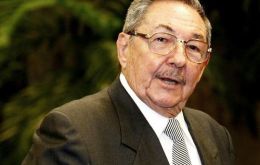
President Raul Castro expressed “absolute confidence” in Hugo Chavez's successors, after returning from the populist leader's funeral in Caracas, the Cuban press reported Sunday.
-
Tuesday, March 12th 2013 - 00:04 UTC
Chavez, the best friend of the Cuban people in their history, says Fidel Castro
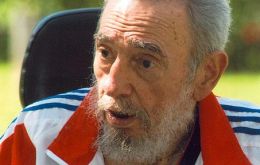
Cuba's Fidel Castro praised the late Venezuelan President Hugo Chavez as a champion of the poor and said Cubans had lost their best friend ever, in his first comments on the death last week of his socialist ally. Castro said the news, although not unexpected, had been a hard blow.
-
Monday, March 11th 2013 - 22:59 UTC
“Chavism” (like Argentina’s Peronism) for a long time to come, forecasts Mujica
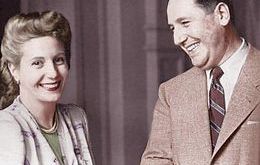
Uruguayan president Jose Mujica compared the future of Chavism in Venezuela with that of the Argentine Justicialista Party, which had in Juan Domingo Peron and his wife Evita Peron their maximum leaders (and caudillos), and even today in the almost hegemonic political movement in Argentina.
